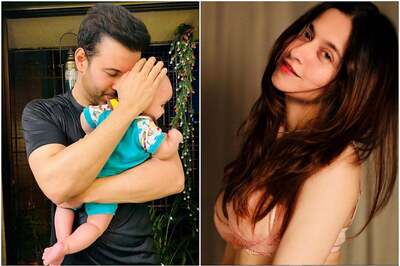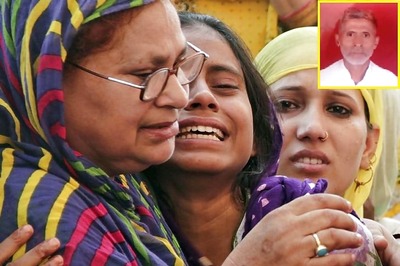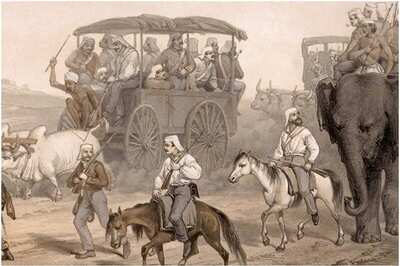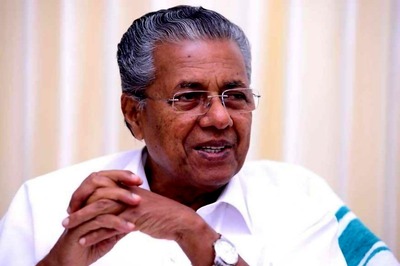
views
The Allahabad High Court recently nullified a woman’s alleged marriage, declaring it void due to the lack of evidence for the required customary rites and ceremonies.
A bench comprising Justice Rajan Roy and Justice Om Prakash Shukla emphasised that the prerequisites for a valid Hindu marriage, such as customary rites and ceremonies, were not fulfilled. Consequently, the court ruled that the marriage certificates issued by Arya Samaj Mandir and the Registrar of Marriages were legally insignificant and did not constitute proof of marriage.
The case began when a woman appealed to the high court after the family court upheld her alleged husband’s suit for the restitution of conjugal rights and dismissed her suit to nullify the marriage. She claimed that she and her family, except for her father, were influenced by a religious Guru in Lucknow. During his religious gatherings, ‘prasad’ was distributed, causing the disciples to feel euphoric and lose normal consciousness.
According to the woman, on July 5, 2009, during Gurupurnima, the Guru called her mother to sign some papers under the pretext of joining his spiritual institution. Her mother and she visited the Guru’s place and signed the documents. At that time, the woman had just turned 18, and the Guru was 39. On August 3, 2009, they were called again to sign more papers, supposedly as witnesses to a sale deed. Two days later, the Guru informed the woman’s father that he had married his daughter at Arya Samaj Mandir, Ganeshganj, Lucknow on July 5, 2009, and registered the marriage on August 3, 2009. The woman alleged that the Guru had deceived her and her mother into signing papers to register a marriage that she had never consented to or participated in.
The Guru was arrested on September 4, 2009, after he agreed to meet them eventually. An FIR was filed at Gazipur Police Station, Lucknow, under Sections 419, 420, and 496 of the IPC.
Subsequently, the woman filed a suit under Section 12 of the Hindu Marriage Act, 1955, for her alleged marriage to be annulled. In response, the Guru filed a suit under Section 9 of the Act, 1955, seeking restitution of conjugal rights. Both suits were clubbed together, and the family court dismissed the woman’s suit while decreeing the Guru’s suit.
The high court noted that the family court found the marriage certificate from Arya Samaj Mandir and the Registrar of Marriages, along with the attached photos identified by the woman, to be reliable due to a lack of contrary evidence.
The Court ruled that as both parties were Hindus and the marriage was claimed to be conducted according to Hindu rites and customs, not under the Special Marriage Act, 1954, it had to comply with the Hindu Marriage Act, 1955 and the burden to prove the marriage as per Hindu rites and customs was upon the Guru.
It referred to the Supreme Court’s ruling in Transfer Petition (C) No. 2043 of 2023; Dolly Rani Vs. Manish Kumar Chanchal, which considered the provisions of Sections 7 and 8 of the Act, 1955. The top court held that a marriage is only valid when solemnized in accordance with Section 7, and registration under Section 8 does not confer legitimacy if the marriage ceremonies were not performed.
In view of the same, the high court said that the certificate of marriage is proof of the validity of a Hindu marriage only when such a marriage has taken place and not when no marriage ceremony was performed.
It noted that the certificates presented by the Guru did not mention any ceremonies performed and merely stated that the marriage was performed as per Vedic rites. Additionally, there was no evidence to support the Guru’s claim that the woman lived with him as husband and wife for about a month after marriage, nor was there any mention of celebrations or festivities after the marriage.




















Comments
0 comment